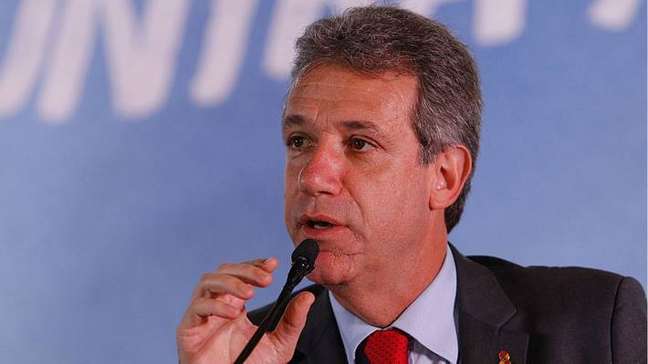The state board of directors is asking the new government for a further transfer to immediately expand the offer of procedures
The National Council of Secretaries of State for Health (Conass) has informed the transition team of the president-elect Luiz Inacio Lula da Silva (PT) that the country currently has about 11.6 million surgeries stalled since the first two years of the pandemic.
“We had 1.6 million fewer hospitalizations related to elective surgeries in 2020 and 2021 and about 10 million fewer outpatient surgeries. This means that, to meet this pent-up demand, we would need to perform 75% more elective surgeries (Hospital) in 2023 and 105% more outpatient interventions than the historical average”, explains Nésio Fernandes, health secretary of Espírito Santo and president of Conass. According to the manager, the survey was based on the analysis of the number of procedures which should have been carried out in the period if the historical average of attendances had been maintained.
Conass also found that 1.3 million diagnostic tests were not performed during the period, of which 1 million were mammograms. The polls were presented to the health transition group at a meeting on Monday the 28th.
Faced with this scenario, the council has asked representatives of the elected government for an additional R$3 billion in funding from the Fund for Strategic Actions and Compensation (FAEC) to rapidly expand the supply of surgeries early next year.
“We defend that this value is passed on to states and municipalities to take on more procedures in partner networks, philanthropic ones, for example. Today, the philanthropic sector participates in providing 36% of SUS beds. It could be higher,” he says.
It also says there is a need to expand the service capacity of public hospitals, including teaching hospitals attached to the Ministry of Education (MEC), which have 10,000 beds. And he adds that he has conveyed to the transitional government the need to increase the supply of very complex procedures in the country’s 118 health macro-regions.
“Today we have 120 million Brazilians living in macro-regions without a single radiotherapy service, 128 million living in macro-regions without cardiac surgery and 37 million in macro-regions without chemotherapy. We have all the necessary resources, so that there are no large patient movements, which will materialize only in the presence of national coordination”.

The coordinator of the health transition group and former portfolio minister, public health officer Arthur Chioro said Stage that the elected government is discussing with states and municipalities immediate actions to meet pent-up demand and long-term measures to address the problem. “They gave us the proposal to expand the most immediate accesses and, at the same time, the structuring of a policy for specialist care that is able to deal with this bottleneck”, he highlighted.
Chioro said that to address the bottleneck of pent-up demand in a more structured way, it will be necessary to invest on other fronts beyond offering more exams and surgeries. “It’s much more than a simple increase in resources. Sure, resources are needed, but we need to build a strategy capable of tackling the problem in a more in-depth way, which envisages, for example, the strengthening and qualification of the regulation of primary care, in particular in each of the regions, identifying the differences, because each region has repressed the demand for different things,” said the former minister.
He also said the transition group is considering ways to expand the service capacity of public and private hospitals, such as Santas Casas. “They are willing to participate in this effort.” The former minister also said that it will be necessary to “invest heavily in telemedicine” to expand access to specialist advice and telediagnosis. And he has not ruled out actions such as exam trucks, especially in regions without health facilities. But he recalled that it will be necessary to recompose the budget of the Ministry of Health, reduced by almost R $ 23 billion for next year, to get the projects off the ground. “If they don’t approve additional resources for the 2023 Budget, none of this will be possible.”
When asked about the pent-up demand for tests and surgeries and the actions planned by the current leadership to deal with the problem, the health ministry did not respond.
🇧🇷The best content in your email for free. Choose your favorite Terra newsletter. Click here!
Source: Terra
Ben Stock is a lifestyle journalist and author at Gossipify. He writes about topics such as health, wellness, travel, food and home decor. He provides practical advice and inspiration to improve well-being, keeps readers up to date with latest lifestyle news and trends, known for his engaging writing style, in-depth analysis and unique perspectives.







